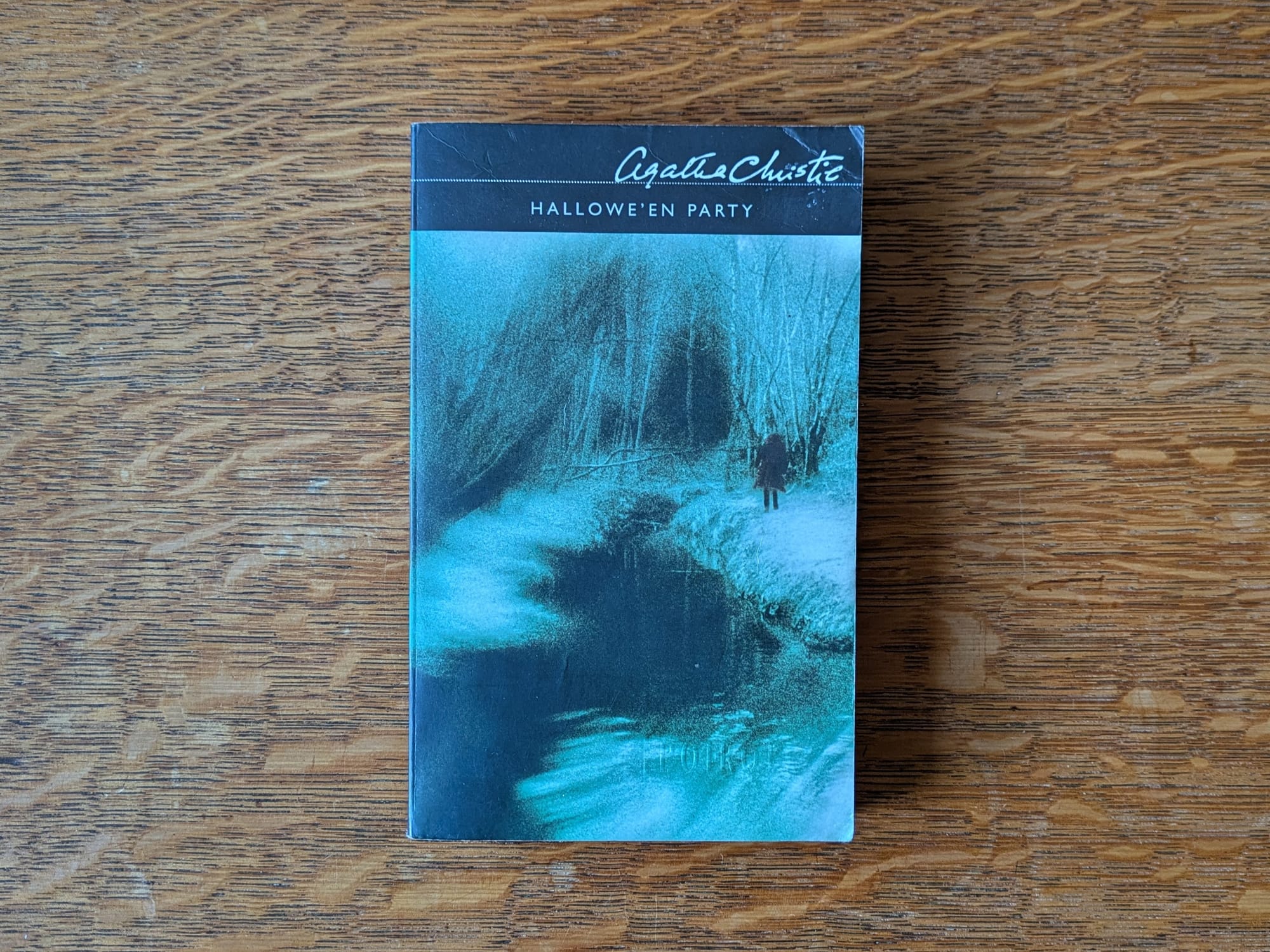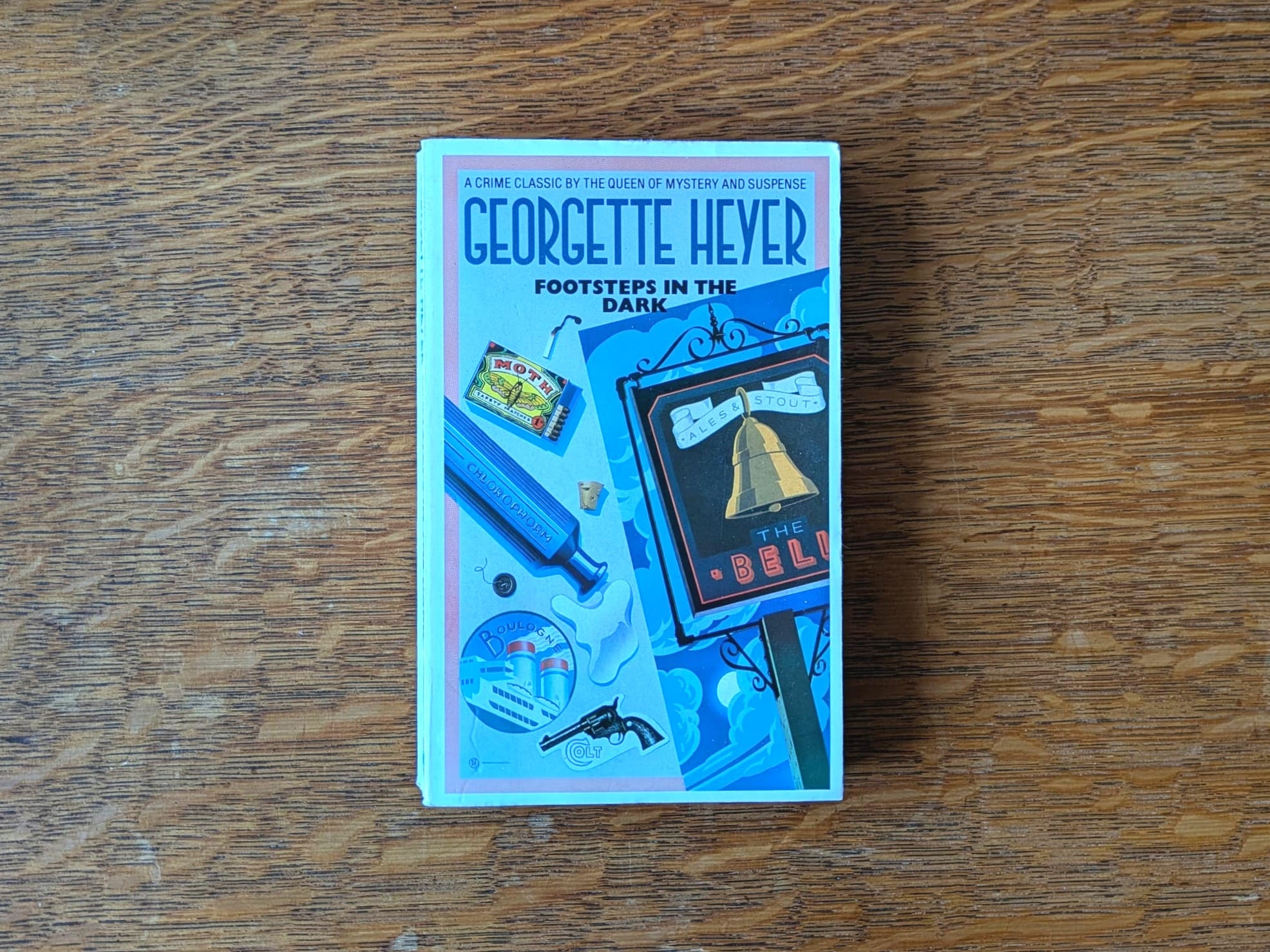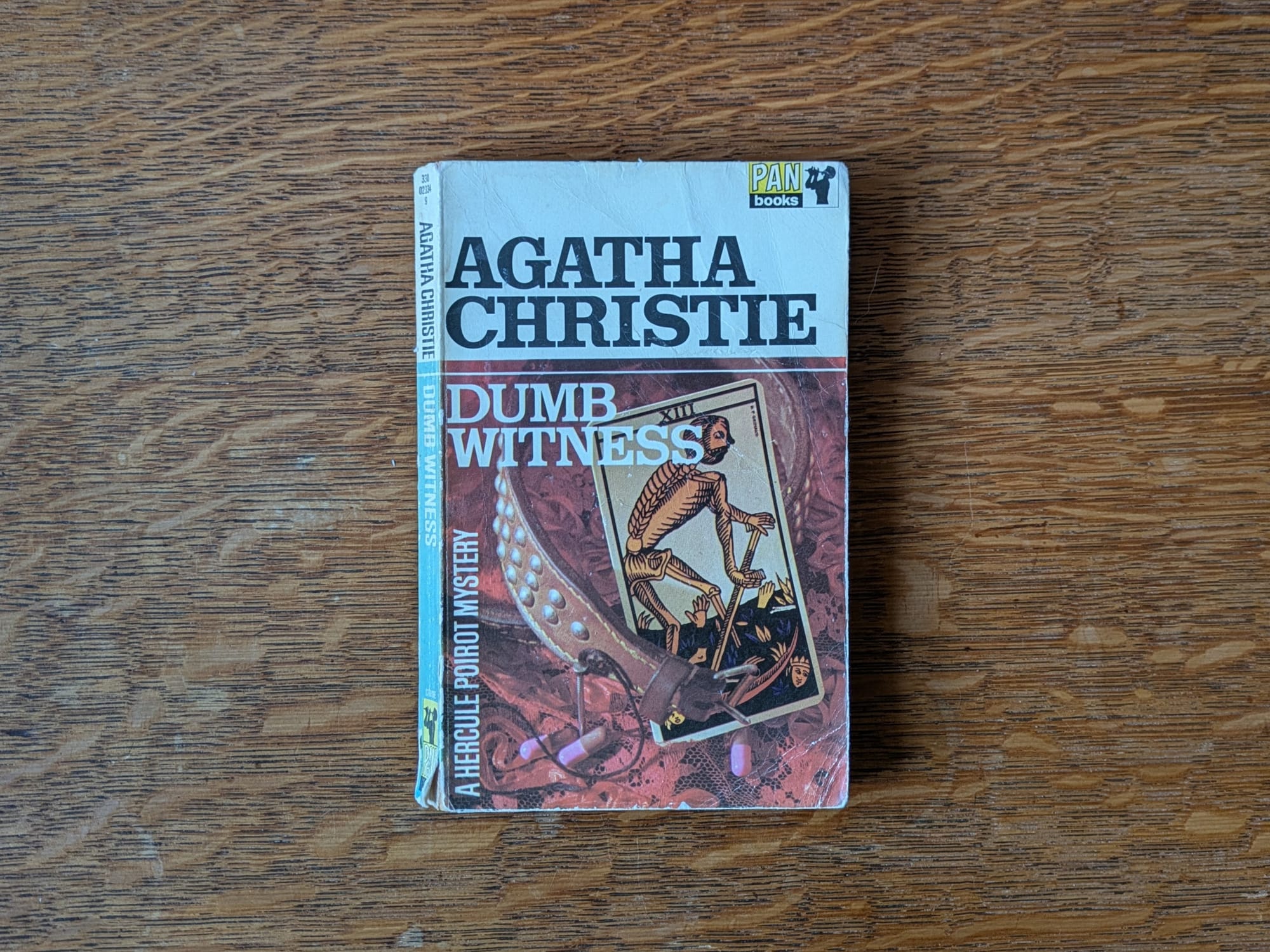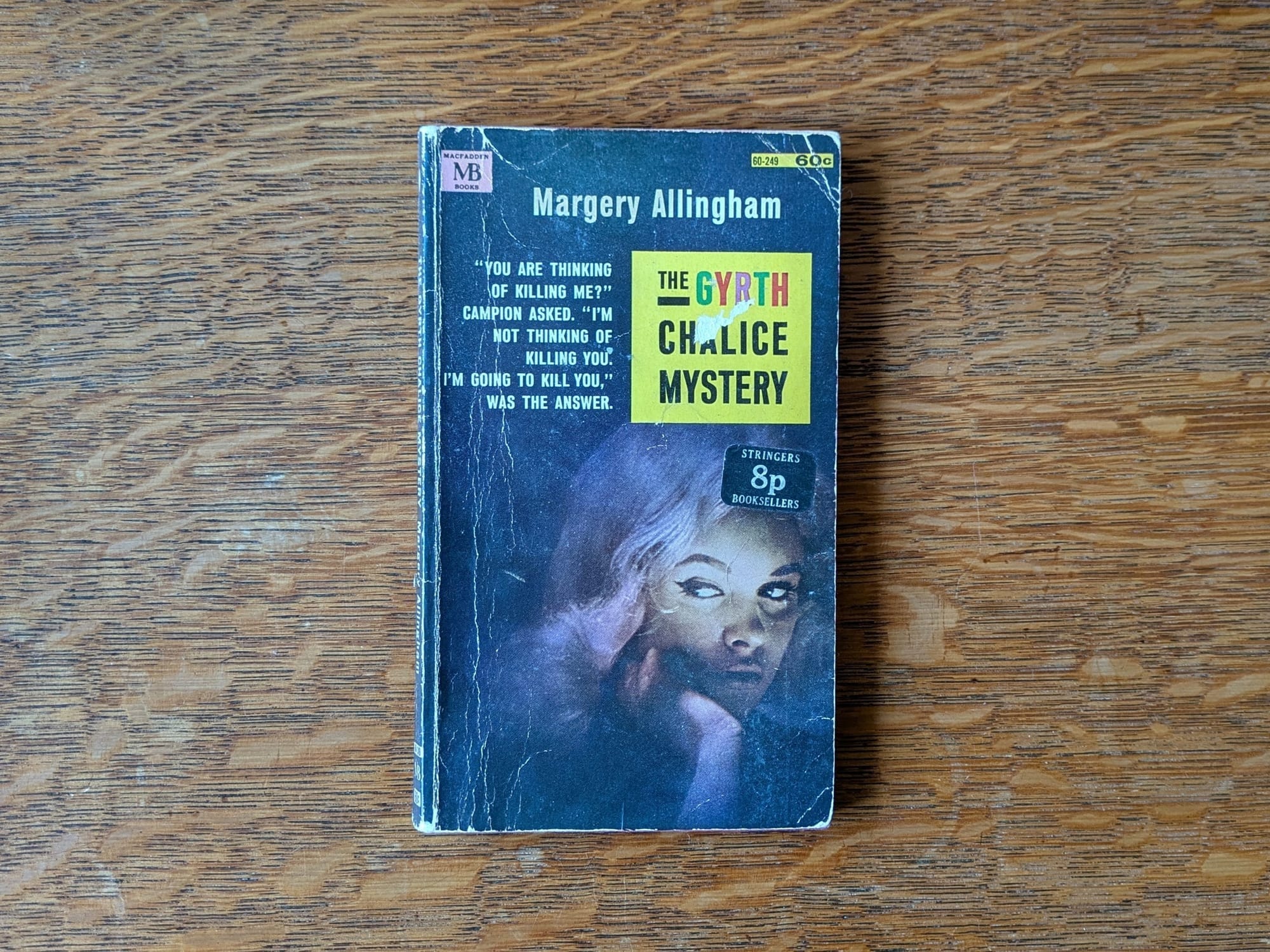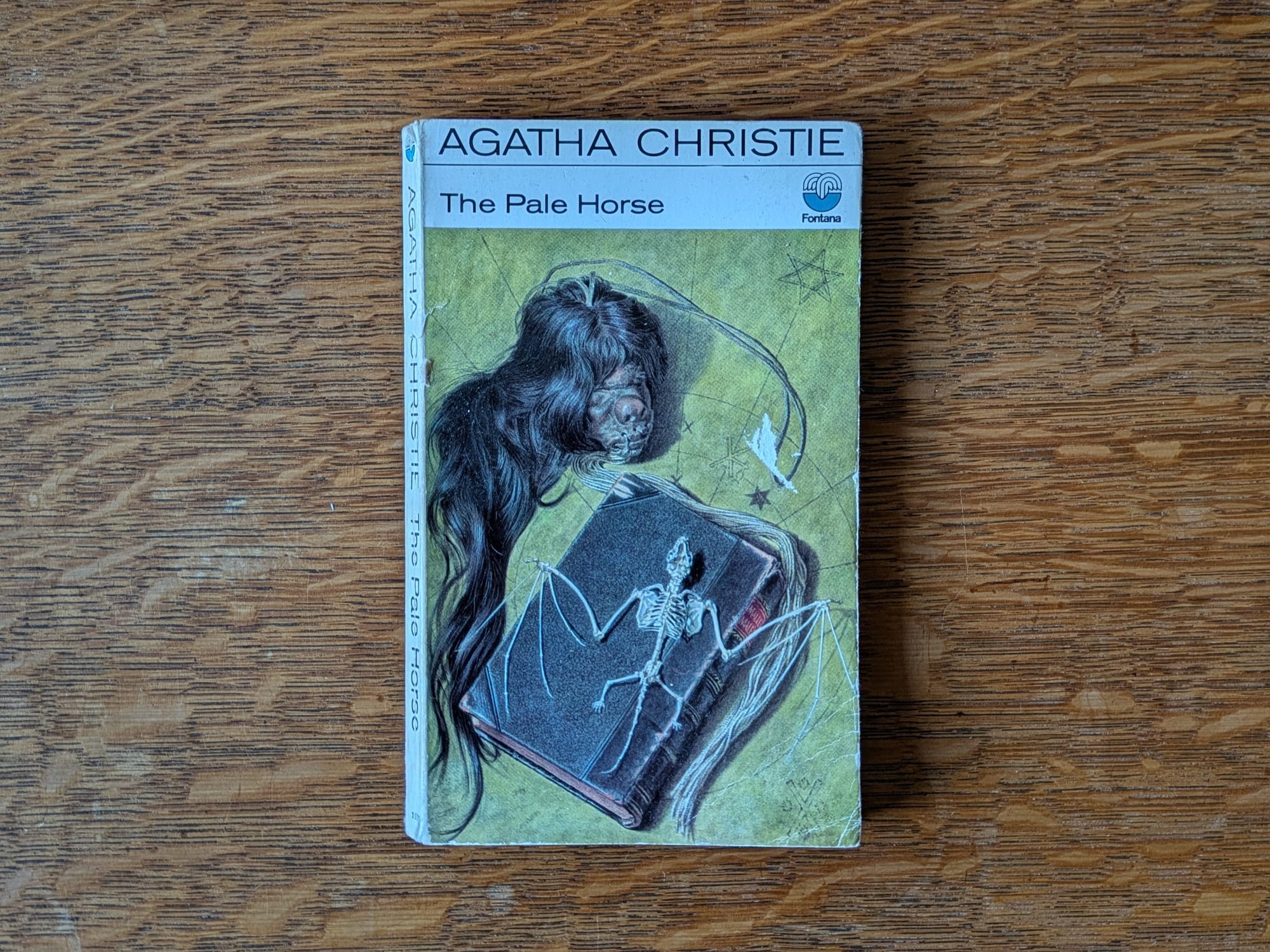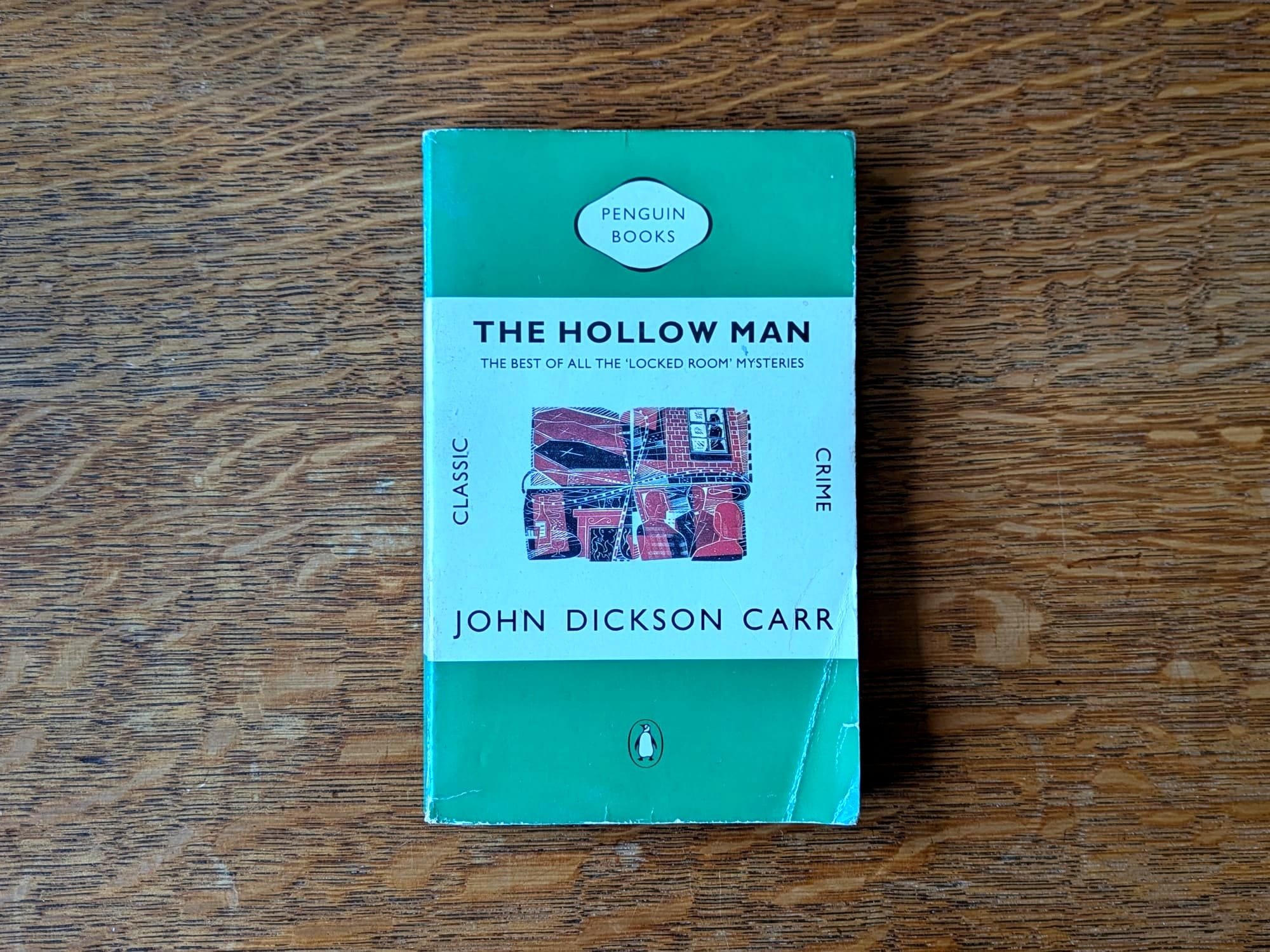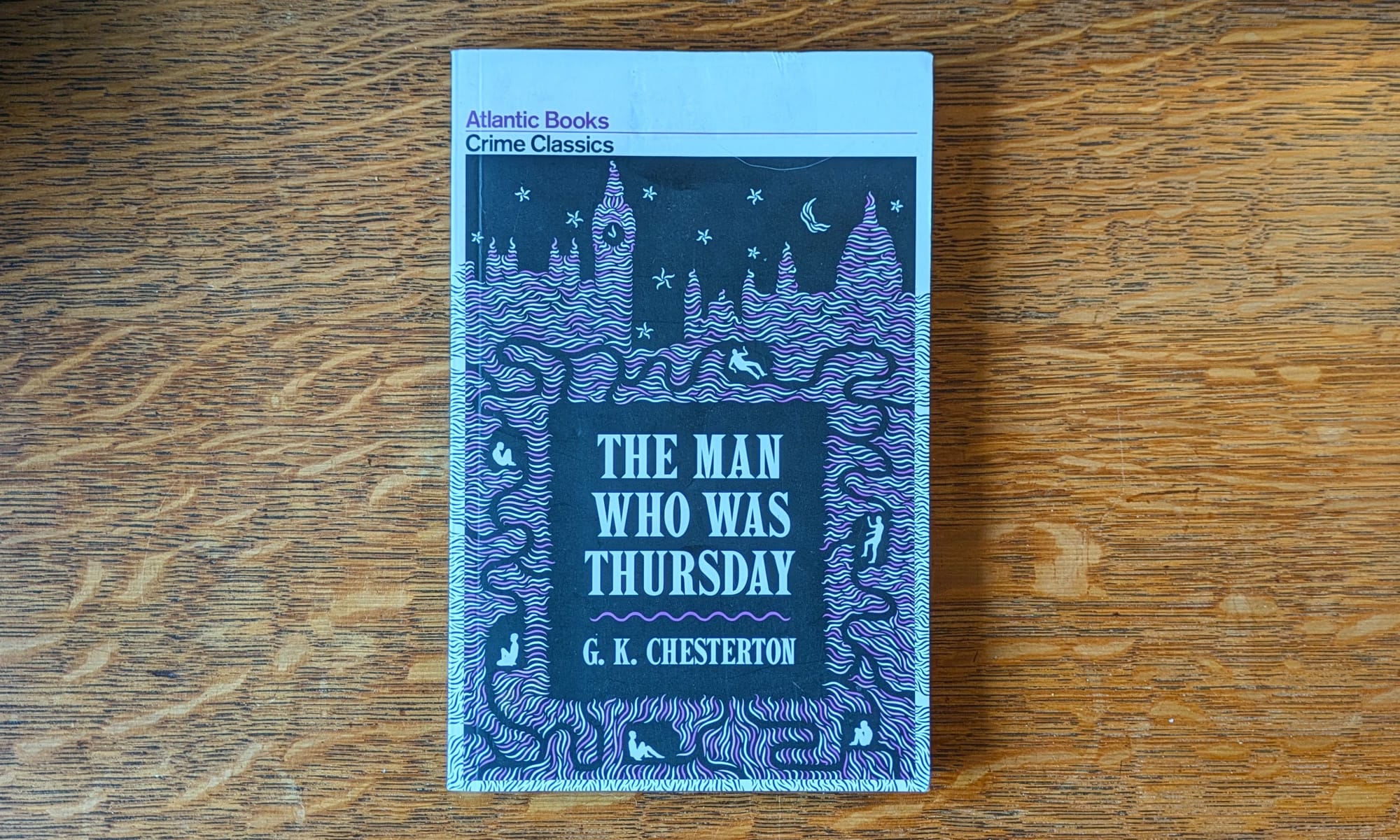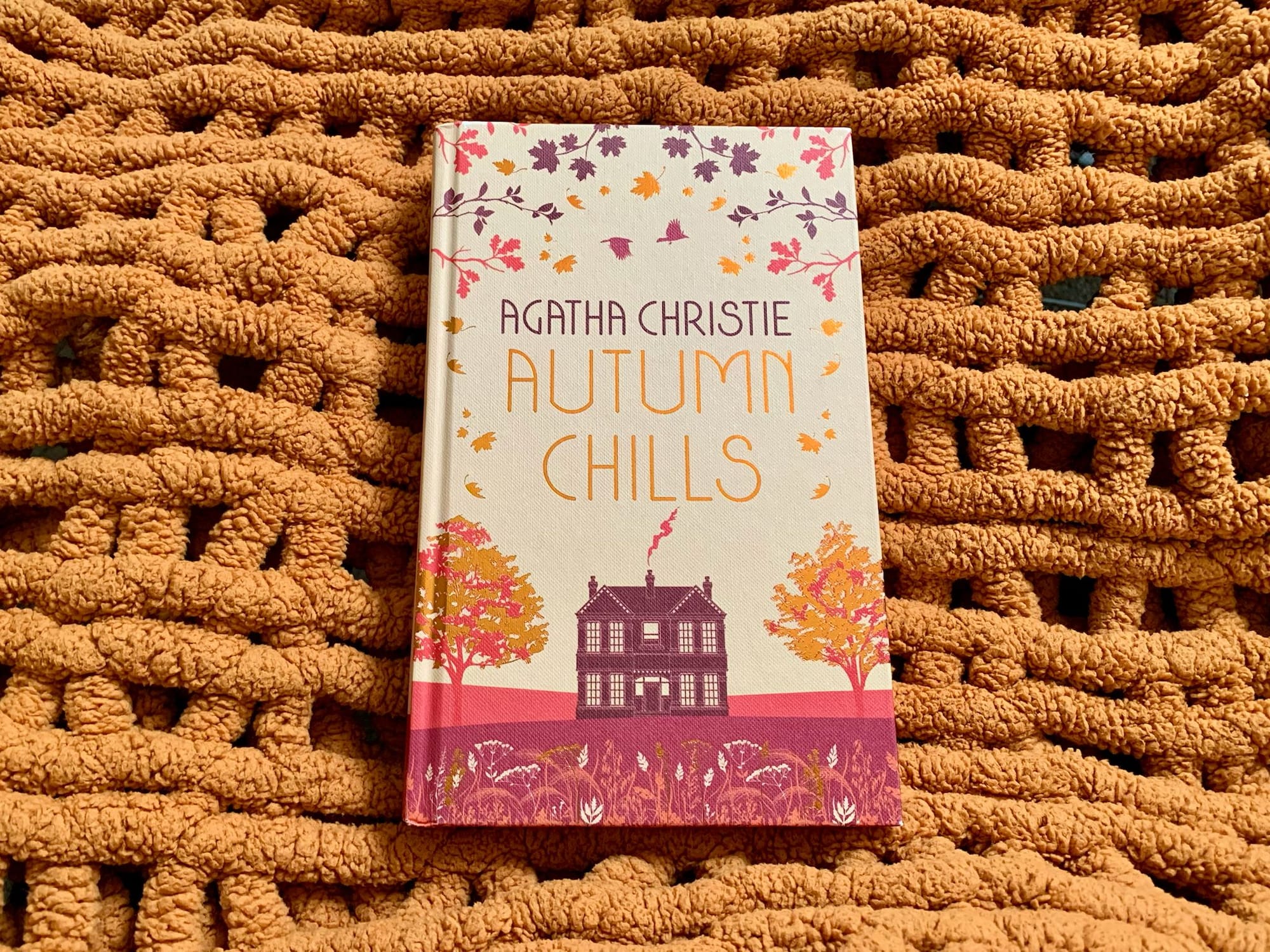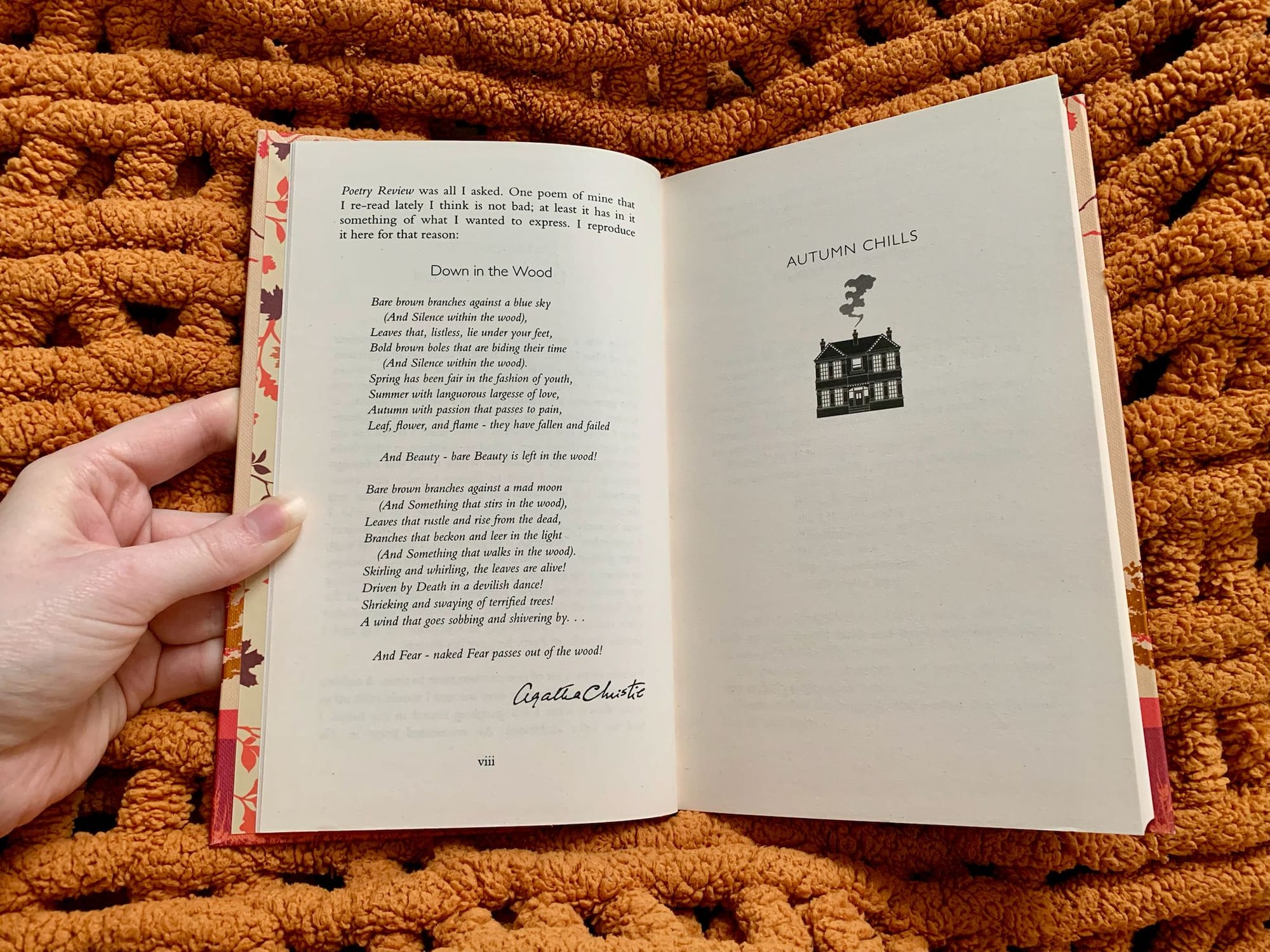Remember, Remember
Crime fiction and the 5th November.
Dear listeners,
This day, the 5th November, has special significance where I live: it's Bonfire Night (or Fireworks Night or Guy Fawkes Night, depending on your preference). While I have no great affiliation with or interest in the 17th origins of this celebration, I do love an excuse to have a hot cup of soup and a toffee apple outside on a crisp, dark autumn evening scented with woodsmoke. I've gone off fireworks since having a dog who does not care for them, but as long as he's safely elsewhere, I will enjoy those too.
When I first had the idea for a new anniversary-based podcast about crime fiction called Today in Murder Mysteries, the 5th November was one of the dates I was most excited to include. I haven't committed to making this show full-time yet, but this autumn I have put together a twelve-episode pilot season. I timed it to cover the period of the Shedunnit Pledge Drive, which fortunately includes this date! Anyone who signs up to become a paying supporter of the podcast gets access to Today in Murder Mysteries and, as of today, will get to hear my 5th November episode. We're really close to hitting our target for this year, so please do help out if you can.
To whet your appetite, here is a selection of my favourite murder mysteries that revolve around Bonfire Night and the 5th November.
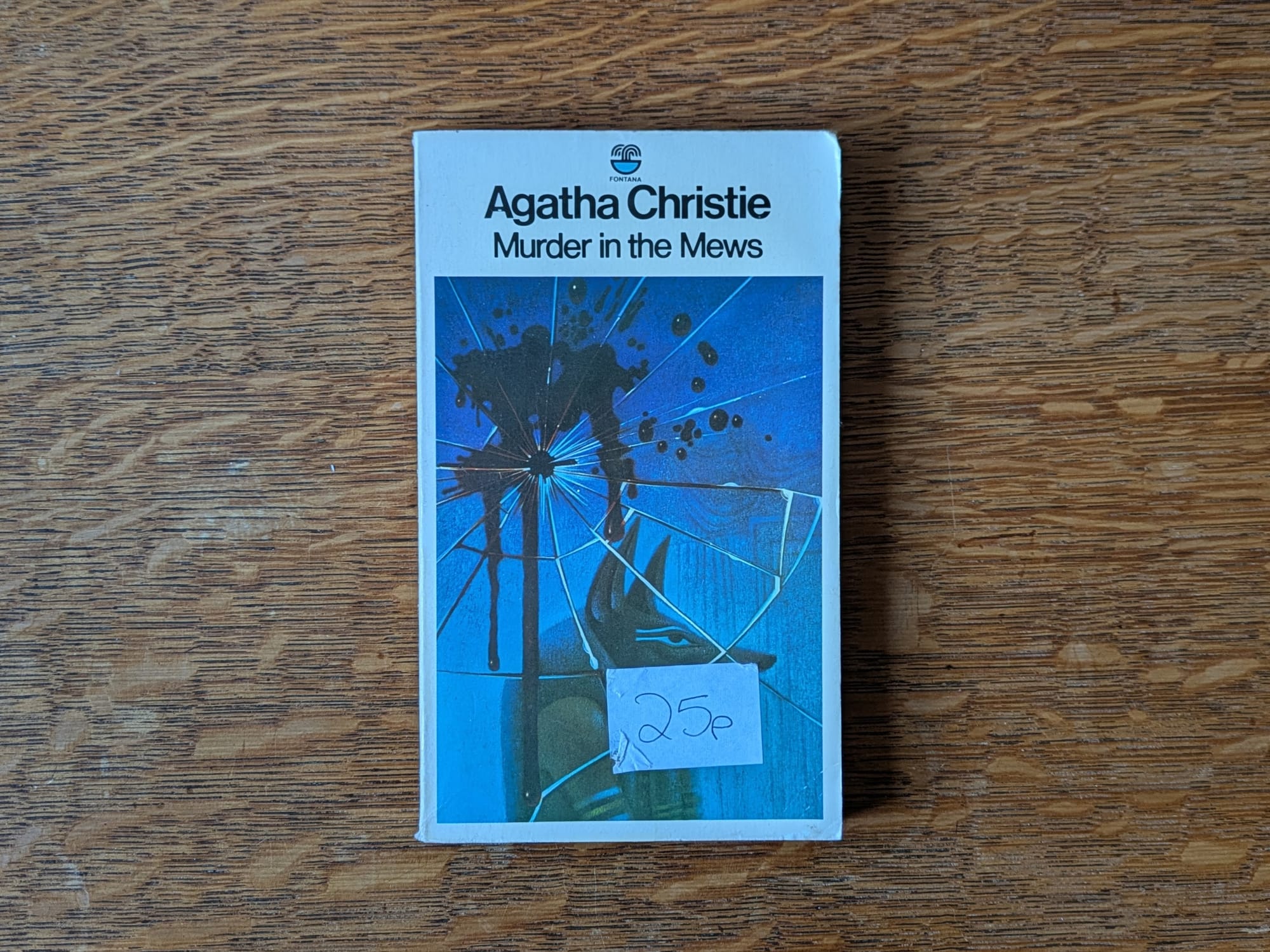
Murder in the Mews by Agatha Christie
This is a short story that opens with Poirot and Japp discussing the extent to which children enjoying their Guy Fawkes Day celebrations actually know why they are making "guys" and letting off firecrackers in the street. Then they discuss what a great night 5th November would be to commit a murder because of the fireworks noise would disguise a gunshot very well... Only for them to be called in to investigate a gun-related death the very next morning. This one gets top marks for including the full "remember, remember" rhyme, too.
The Case of the Bonfire Body by Christopher Bush
This was a new one on me before I started researching this subject, but it's rather good — a group of Scouts discover a dead body in the pile of wood they have gathered to make their bonfire. Bush's series detective Ludovic Travers, an introspective and bespectacled economist, happens upon the Scout leader as he is going for the police and ends up assisting for the case. I particularly like the early-on description of what a foggy Bonfire Night looks like.
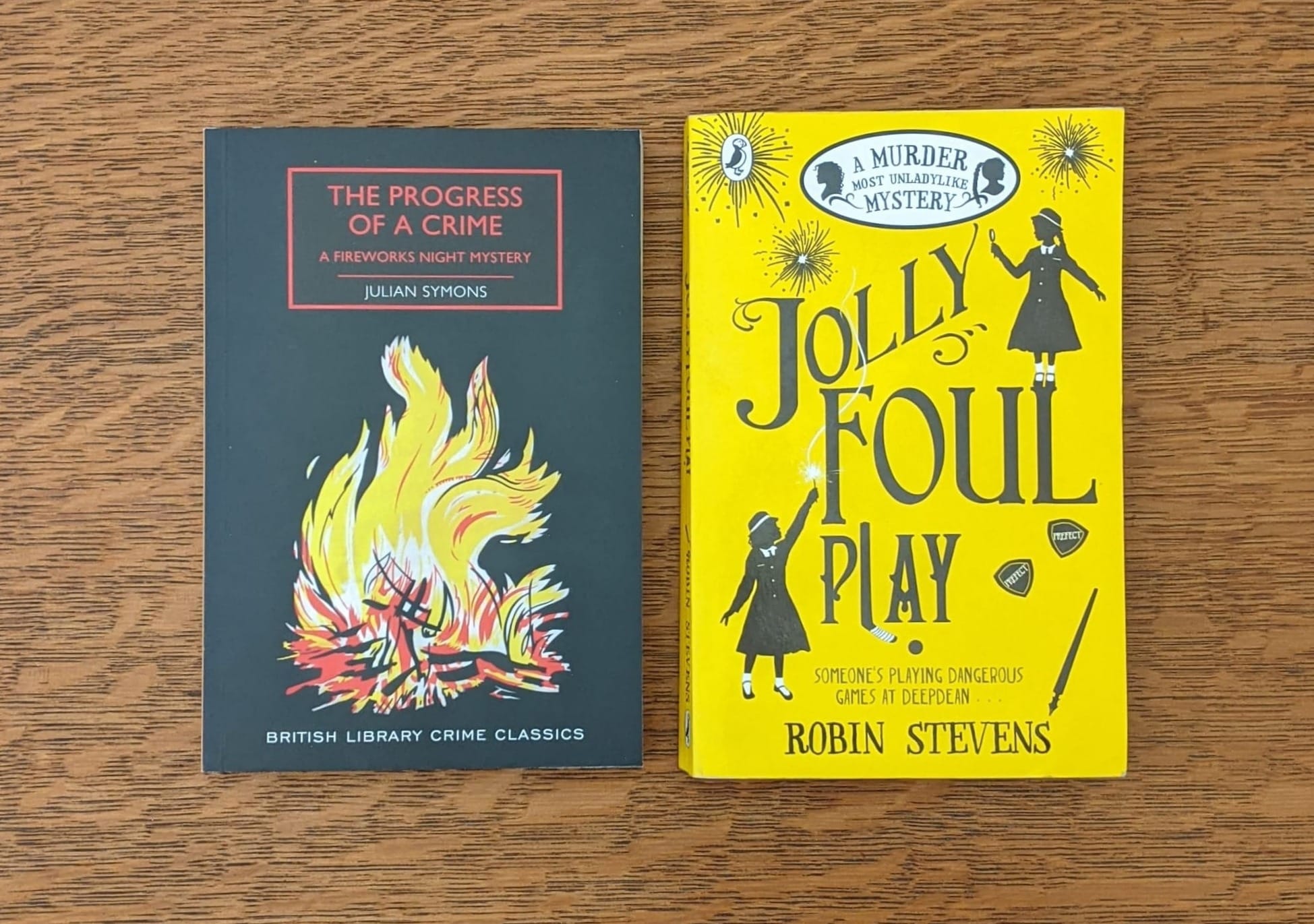
The Progress of a Crime by Julian Symons
A much later novel, this, from 1960, which features a murder committed during the chaotic revelry of a village Bonfire Night celebration. It's quite a bit darker than your average interwar novel, but shows the influence of the classic puzzle mystery nevertheless. Symons is better known to lots of golden age detective fiction fans as the author of a seminal work of non-fiction about the period, Bloody Murder, but his fiction is well worth a look too. This novel won the Edgar award for Best Novel in 1961.
Jolly Foul Play by Robin Stevens
This book for younger readers, part of Stevens' hugely successful "Murder Most Unladylike" series, is a great 5th November read for anyone of any age. Stevens' 1930s schoolgirl sleuths, Daisy and Hazel, attend their boarding school's fireworks celebration and get drawn into a murder investigation when the head girl is killed during the display.
Smoke and Murders by Jenny Blackhurst
This modern crime novel (published 2024) takes the famous Lewes Bonfire Society as its subject — this is the group that organises the famous procession in Suffolk with the flaming crosses and the satirical effigies. In this whodunnit, an MP's charred remains are found inside one of the effigies and the culprit must be found if the traditions are to be preserved. It's really good to see that the 5th November setting is still inspiring the crime writers of today, just as much as it did a century ago.
I hope you find something suitably explosive to read there!
Until next time,
Caroline
You can listen to every episode of Shedunnit at shedunnitshow.com or on all major podcast apps. Selected episodes are available on BBC Sounds. There are also transcripts of all episodes on the website. The podcast is now newsletter-only — we're not updating social media — so if you'd like to spread the word about the show consider forwarding this email to a mystery-loving friend with the addition of a personal recommendation. Links to Blackwell’s are affiliate links, meaning that the podcast receives a small commission when you purchase a book there (the price remains the same for you).

